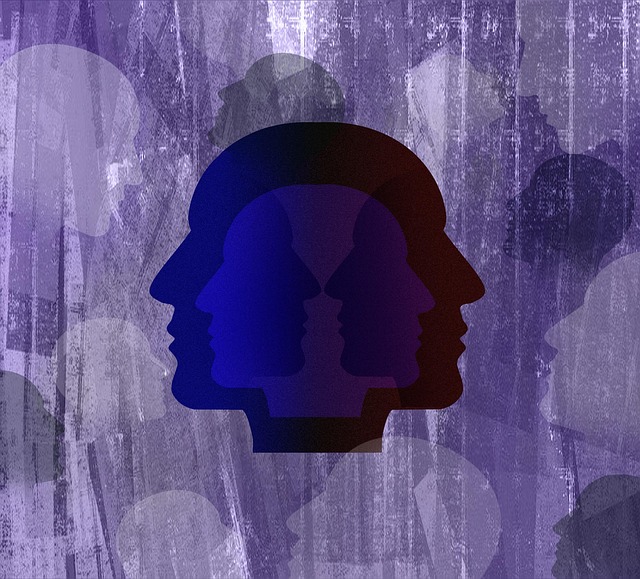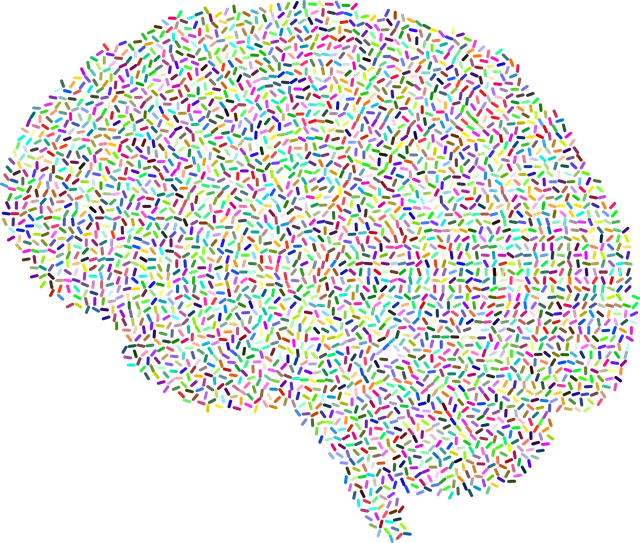Cultural competency training is crucial for healthcare providers to deliver inclusive and effective services, especially in mental healthcare for young adults. Integrating evidence-based therapies like DBT enhances patient outcomes by teaching stress management, mood regulation, and interpersonal skills. Interactive role-playing scenarios foster cultural sensitivity and empathy. Evaluating pre-post assessments and patient outcomes measures the success of training. Public awareness campaigns promote inclusive healthcare environments and better stress reduction methods for diverse youth.
Healthcare provider cultural competency training is an essential aspect of delivering quality care, especially in diverse communities. This article explores the significance of cultural competency in healthcare, with a specific focus on young adults. We delve into integrated therapy approaches like Dialectical Behavioral Therapy (DBT) and effective training methods to enhance cultural sensitivity among providers. Additionally, we discuss measuring the success and impact of cultural competency programs, providing insights for improving patient outcomes.
- Understanding Cultural Competency in Healthcare: Why It Matters for Young Adults
- Therapy for Young Adults: Integrating Dialectical Behavioral Therapy (DBT) Approaches
- Effective Training Methods for Healthcare Providers to Enhance Cultural Sensitivity
- Measuring Success and Impact: Evaluating the Effectiveness of Cultural Competency Programs
Understanding Cultural Competency in Healthcare: Why It Matters for Young Adults

Cultural competency in healthcare is a vital aspect that significantly impacts the quality of care received by young adults. It involves understanding and appreciating the diverse cultural backgrounds, beliefs, and values of patients, ensuring that their unique needs are met effectively. In a society growingly characterized by ethnic and cultural diversity, healthcare providers must be equipped to deliver sensitive and inclusive services, especially when catering to younger demographics.
For young adults, navigating life’s challenges often involves managing stress and emotional well-being. Therapy for Young Adults, such as Dialectical Behavioral Therapy (DBT), has proven effective in teaching essential coping skills. However, the success of these treatments heavily relies on cultural sensitivity in mental healthcare practice. By integrating Cultural Competency training, healthcare providers can enhance their ability to offer tailored support, addressing not just symptoms but also the broader cultural context that influences a young adult’s life and mental health journey. This approach fosters better patient engagement, improved therapy outcomes, and strengthens the overall foundation of mental healthcare services.
Therapy for Young Adults: Integrating Dialectical Behavioral Therapy (DBT) Approaches

For young adults navigating the complexities of mental health challenges, integrating Dialectical Behavioral Therapy (DBT) approaches within healthcare provider training is a game-changer. DBT, initially designed for individuals with borderline personality disorder, has evolved to become a powerful tool in treating various mental health conditions prevalent among youth. By incorporating stress management workshops and mood management techniques into their practice, healthcare providers can offer comprehensive care tailored to this demographic’s unique needs.
These evidence-based practices focus on teaching young adults skills to regulate emotions, tolerate distress, enhance interpersonal effectiveness, and foster a mindful awareness of the present moment. Such therapeutic strategies are particularly beneficial in crisis intervention guidance, enabling healthcare providers to support young adults in managing acute situations and preventing relapse. Through specialized training, providers can create a safe and supportive environment, fostering better patient outcomes and improved quality of life for their young adult clients.
Effective Training Methods for Healthcare Providers to Enhance Cultural Sensitivity

Effective training methods for healthcare providers should focus on immersive and interactive experiences that encourage active participation. Role-playing scenarios, where providers can practice communicating with patients from diverse backgrounds, are an excellent way to build cultural sensitivity. These simulations allow professionals to experience firsthand the challenges faced by individuals from different cultures, promoting empathy and better understanding.
Additionally, incorporating evidence-based therapies like Dialectical Behavioral Therapy (DBT) can significantly enhance emotional regulation and stress reduction methods. DBT’s structured approach teaches skills in mindfulness, distress tolerance, emotion regulation, and interpersonal effectiveness, enabling healthcare providers to support young adults in managing complex emotions and improving their overall well-being. This holistic training ensures that providers are equipped not only with cultural knowledge but also with practical tools for effective patient care.
Measuring Success and Impact: Evaluating the Effectiveness of Cultural Competency Programs

Evaluating the success and impact of cultural competency training is a crucial step in ensuring its effectiveness and long-term benefits. This process involves measuring changes in healthcare providers’ attitudes, knowledge, and behaviors before and after the program. One reliable method is through pre-post assessments, where participants are asked to reflect on their understanding of diverse cultures, any biases they may hold, and their confidence in providing care to a varied patient population. These assessments can highlight areas of improvement and identify specific aspects of cultural competency that require further emphasis.
Furthermore, the impact of such training can be gauged by tracking changes in patient outcomes, particularly for vulnerable populations like young adults receiving therapy for mental health issues. For instance, Dialectical Behavioral Therapy (DBT) programs designed to enhance cultural sensitivity have shown promise in reducing symptoms of trauma and improving treatment adherence among diverse youth. Public awareness campaigns and educational initiatives aimed at promoting cultural competency can also contribute to broader societal changes, fostering more inclusive healthcare environments and better stress reduction methods for all individuals, regardless of their cultural background or mental health status.
Cultural competency training is a vital tool in enhancing healthcare delivery for young adults. By integrating approaches like Dialectical Behavioral Therapy (DBT) and employing effective training methods, healthcare providers can better understand and address the unique cultural needs of their patients. Measuring the success of these programs through evaluation ensures continuous improvement and positively impacts overall patient care, fostering a more inclusive and sensitive healthcare environment.














